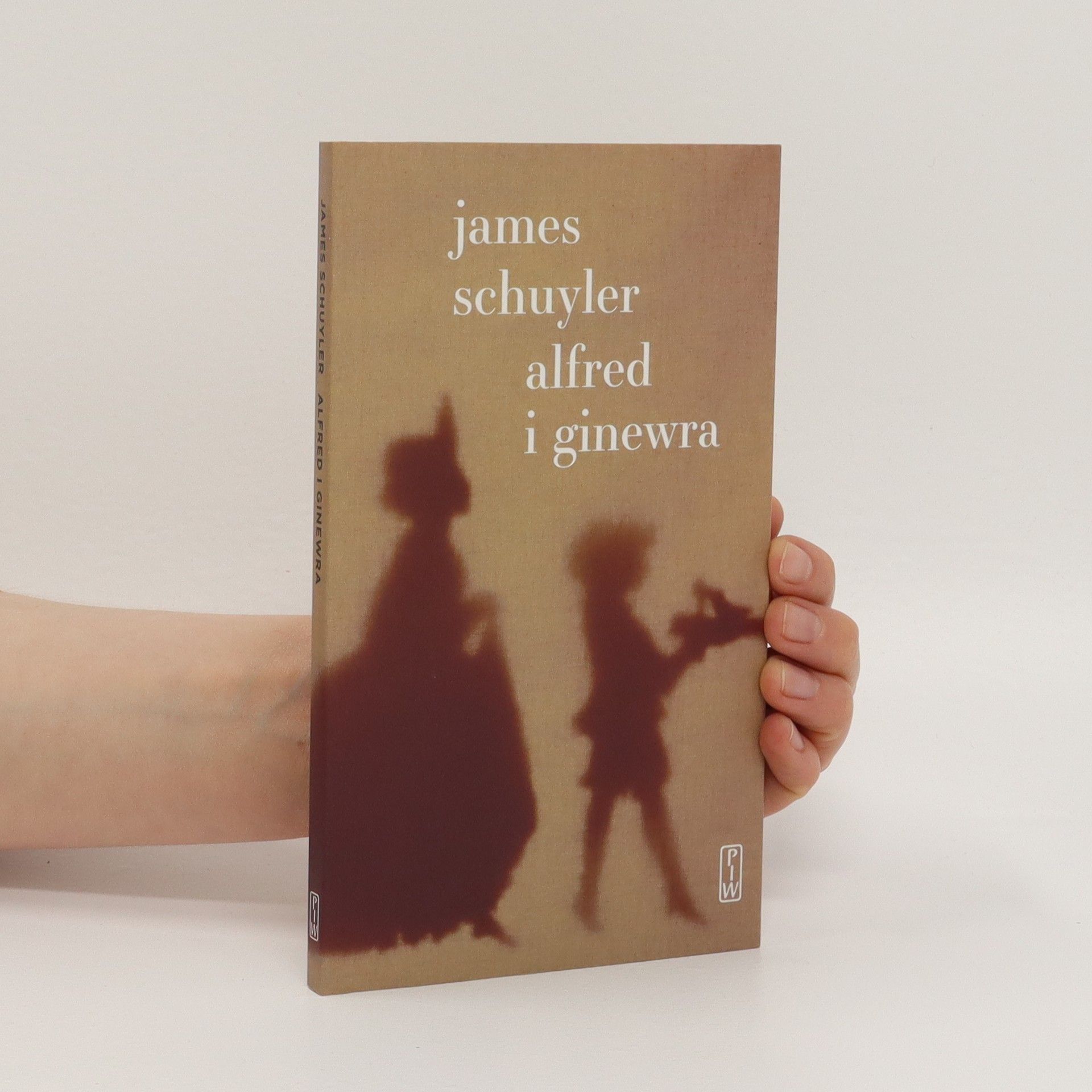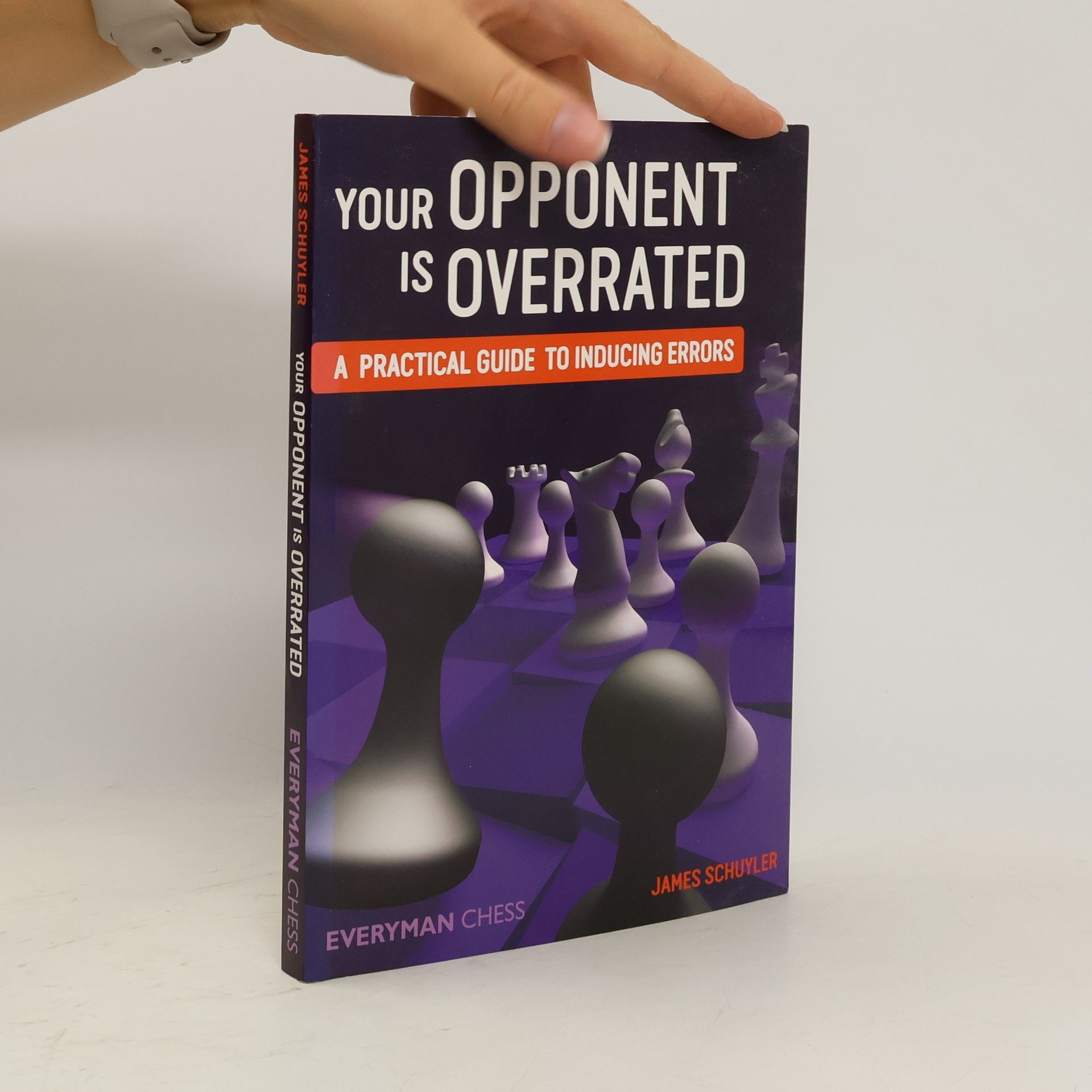The Dark Knight System
- 224pages
- 8 heures de lecture
FIDE Master James Schuyler studies his favourite Black opening, the Dark Knight System. He presents a repertoire for Black and tells you everything you need to know about playing 1...Nc6.



FIDE Master James Schuyler studies his favourite Black opening, the Dark Knight System. He presents a repertoire for Black and tells you everything you need to know about playing 1...Nc6.
Schuyler covers all phases of the game and discusses other vital subjects such as harassment, material imbalance, time management, surprise moves, unusual ideas, provocative play, maneuvers and recovering from bad positions.
Przez całe życie James Schuyler, znakomity poeta amerykański, zafascynowany był światem dzieci, dziecięcą wrażliwością i wyobraźnią. A zwłaszcza sposobem, w jaki dzieci naśladują i zniekształcają język dorosłych, przywłaszczany z gazet, telewizji, filmowych dialogów. Właśnie językowa mimikra stanowi główny temat tej ironicznej, pełnej humoru powieści Alfred i Ginewra. Najważniejszy jest język, i to, co się z nim dzieje. A zatem deformacje języka dorosłych, a poprzez nie – języka odświeżanie.